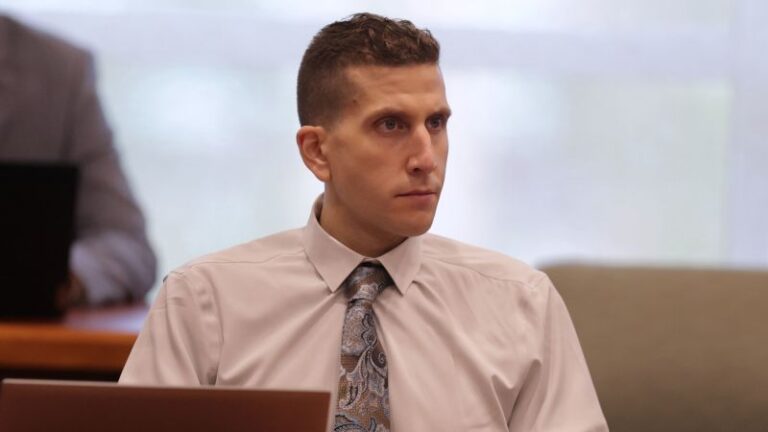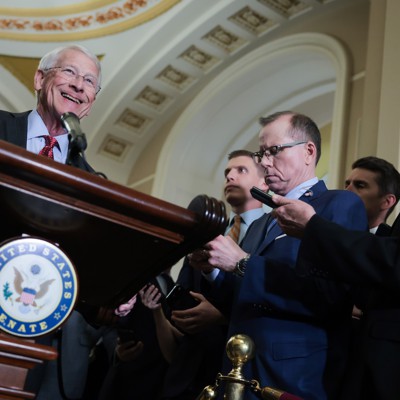In a high-profile federal trial held in New York, music mogul Sean “Diddy” Combs has been acquitted of the most serious charges of racketeering and sex trafficking. However, the jury found him guilty of transportation for prostitution. The verdict, delivered on Thursday, marked a significant moment in a case that has captivated the public and the media alike.
The trial, which lasted several weeks, centered around allegations that Combs was involved in a criminal enterprise that facilitated illegal activities. While the prosecution painted a picture of a complex network orchestrated by Combs, the defense argued that the charges were exaggerated and based on unreliable testimonies.
Background of the Case
The charges against Combs stemmed from a broader investigation into alleged criminal activities within the music and entertainment industry. Prosecutors accused Combs of using his influence and resources to engage in illegal activities, including sex trafficking and racketeering. These allegations were part of a larger narrative that sought to expose corruption and criminal behavior among high-profile figures in the industry.
The trial featured testimonies from several witnesses, including former associates and alleged victims. The prosecution’s case relied heavily on these testimonies, which described a pattern of behavior allegedly orchestrated by Combs. However, the defense challenged the credibility of these witnesses, suggesting that their accounts were inconsistent and motivated by personal grievances.
Expert Opinions and Analysis
Legal experts have weighed in on the trial, noting the challenges faced by the prosecution in proving the more serious charges. According to legal analyst Dr. Emily Carter, “Racketeering and sex trafficking charges require substantial evidence of an organized effort, which can be difficult to establish in a court of law. The jury’s decision reflects the complexities inherent in such cases.”
“The acquittal on the most serious charges indicates a lack of compelling evidence to support the prosecution’s claims,” said Dr. Carter.
Meanwhile, some industry insiders have expressed relief at the verdict, suggesting that it highlights the importance of due process and the presumption of innocence. “This case serves as a reminder that allegations must be backed by solid evidence,” commented entertainment lawyer Mark Reynolds.
Historical Parallels and Implications
The case against Combs is reminiscent of other high-profile trials involving celebrities accused of serious crimes. In recent years, the entertainment industry has seen a wave of legal actions targeting prominent figures, often with mixed outcomes. These cases underscore the ongoing tension between public perception and the legal standards required for conviction.
The verdict in Combs’ trial may have broader implications for the music industry, where the intersection of fame, power, and legal accountability continues to be a contentious issue. Experts suggest that this case could influence how future allegations of misconduct are handled, both legally and in the court of public opinion.
By the Numbers: The trial involved over 30 witnesses and spanned nearly two months, with extensive media coverage and public scrutiny throughout.
Looking Ahead
Following the verdict, Combs issued a statement expressing gratitude for the jury’s decision and reaffirming his commitment to his career and philanthropic efforts. “I am relieved and thankful for the outcome of this trial,” he stated. “I look forward to moving past this chapter and continuing to focus on my work and giving back to the community.”
The legal proceedings may not be entirely over, as the prosecution considers its options for appeal or further legal action. Meanwhile, the entertainment industry will be watching closely to see how this case influences future legal battles involving high-profile figures.
As the dust settles, the trial of Sean “Diddy” Combs will likely remain a topic of discussion, reflecting broader societal issues related to justice, celebrity, and accountability.

























